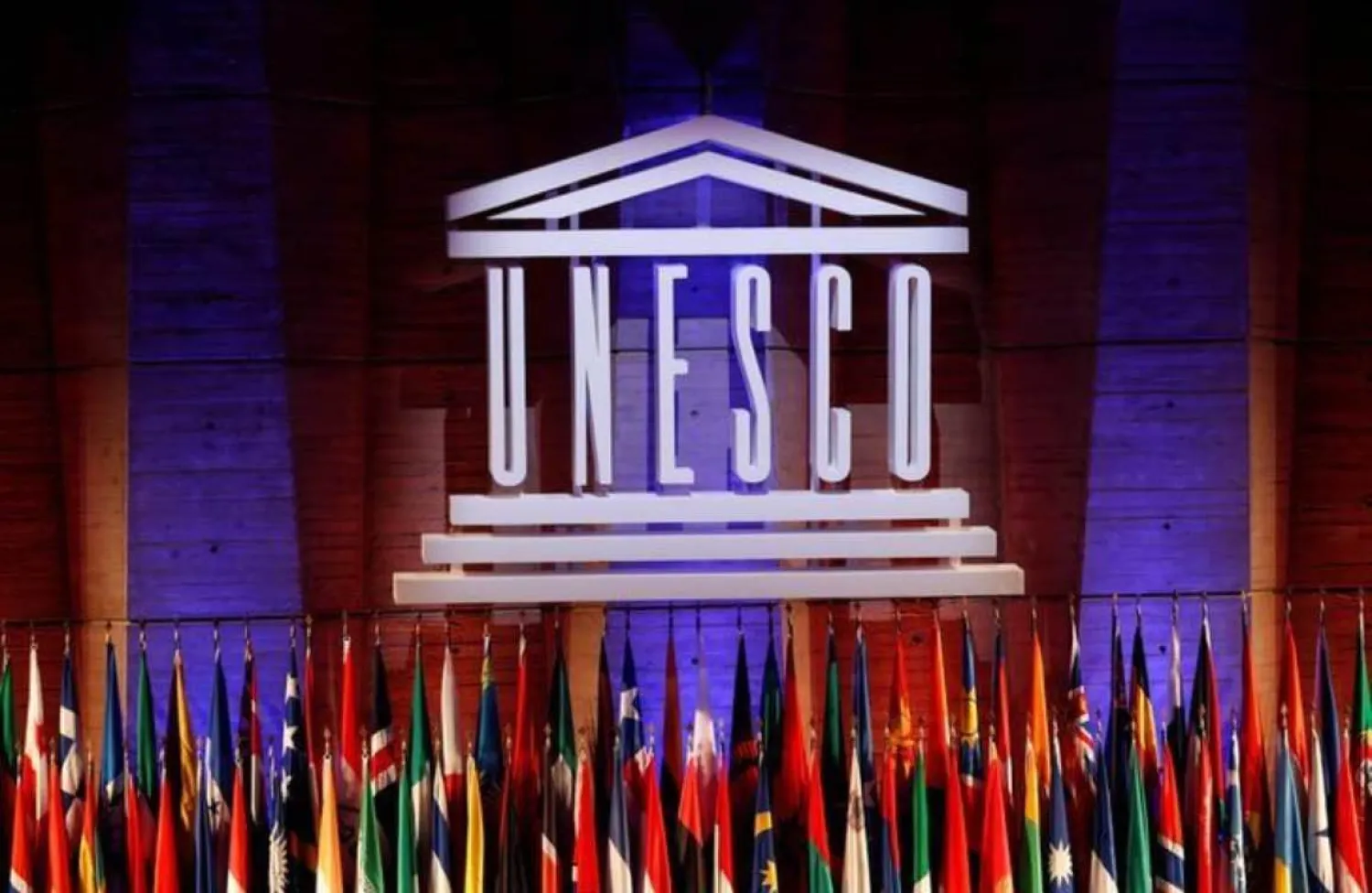Saudi Minister of Culture Prince Badr bin Abdullah bin Farhan affirmed his country’s commitment to cooperate with UNESCO and its member-states in order to accelerate efforts to achieve the sustainable development goals and support the international organization’s medium-term strategy (2022-2029).
The minister emphasized Saudi Arabia’s investments in initiatives such as the cultural scholarship program and the Cultural Development Fund, which he said would enhance cultural activity in the Kingdom and unlock great development potential in this sector.
Addressing the 41st session of the UNESCO General Conference, which is held on Nov. 9-24 in Paris, Prince Badr bin Abdullah said: “Saudi Arabia, in cooperation with its international partners, took the initiative to create a cultural track within the G20, based on the commitments of the first meeting of the culture ministers on the sidelines of the Kingdom’s G20 presidency in 2020.”
He continued: “After the World Heritage Committee unanimously approved the draft resolution submitted by the Kingdom to build the capacities of heritage workers for the next ten years, we look forward to the contribution of this resolution to enhancing the geographical diversity of experts, empowering and raising competencies, and developing measures to protect cultural heritage sites.”
The minister reviewed the Kingdom’s achievements and commitments within the goals of the international organization, underlining the strong partnership between Saudi Arabia and UNESCO.
“The cultural and scientific sectors are an essential component of the Kingdom’s Vision 2030,” he said. “Therefore, we are investing in initiatives such as the Cultural Scholarship Program and the Cultural Development Fund, which will promote cultural activities in the Kingdom until we launch the great developmental capabilities of these sectors.”
Touching on Saudi Arabia’s dealing with the repercussions of the Covid-19 pandemic, Prince Badr bin Abdullah said the Kingdom could identify and take advantage of new opportunities that emerged during the crisis.
“The strong digital infrastructure has allowed us to promote the cultural sector during the lockdown through digitization, which contributed to the preservation of heritage,” he said.
On education, the minister of Culture stated that the Kingdom “has launched a number of pioneering initiatives for lifelong learning and enhancing competitiveness, through the continuous development of skills and capabilities, with the establishment of the Human Capacity Development Program within Vision 2030.”
Prince Badr bin Abdullah touched on Riyadh’s efforts to preserve the environment and enhance sustainability, pointing to its recent announcement of the Saudi Green Initiative and the Middle East Green Initiative to address the effects of climate change in the Kingdom and the wider region.









